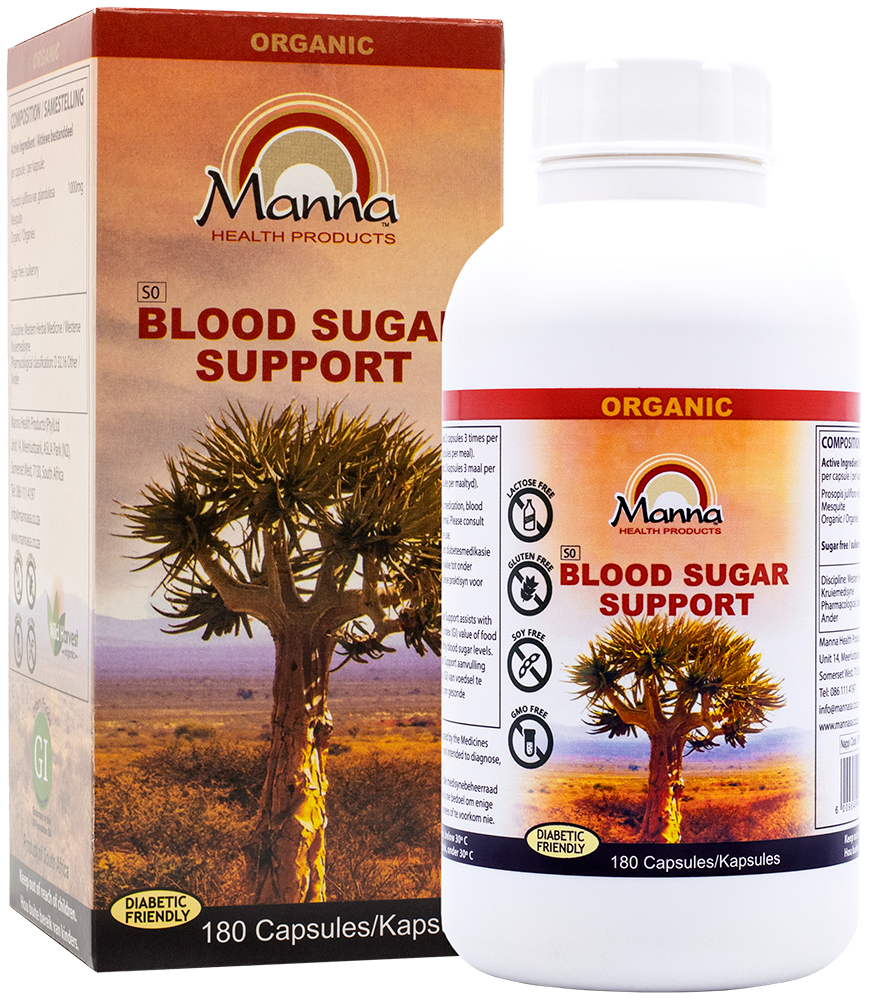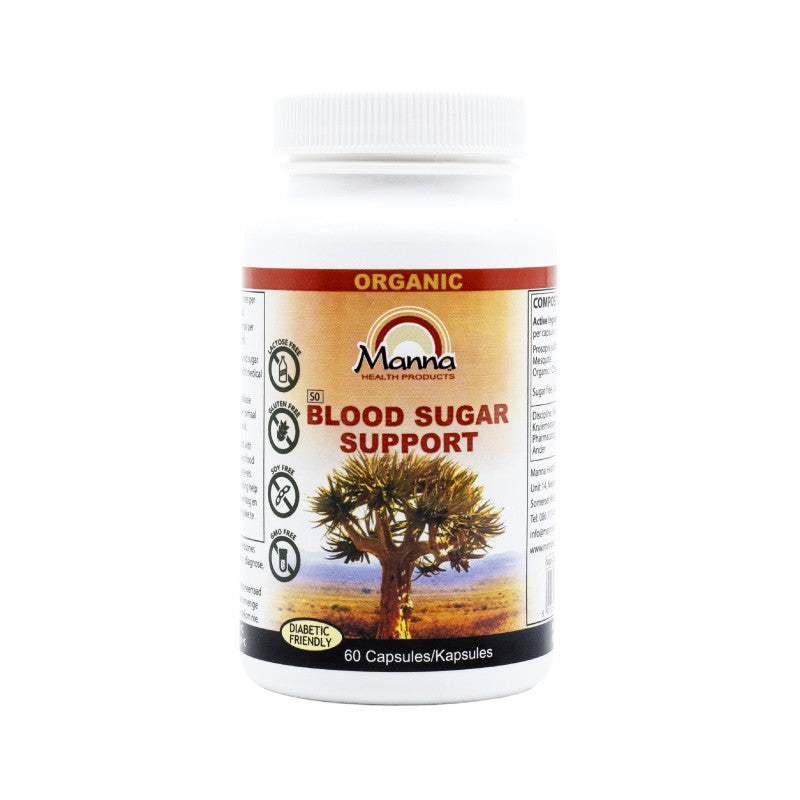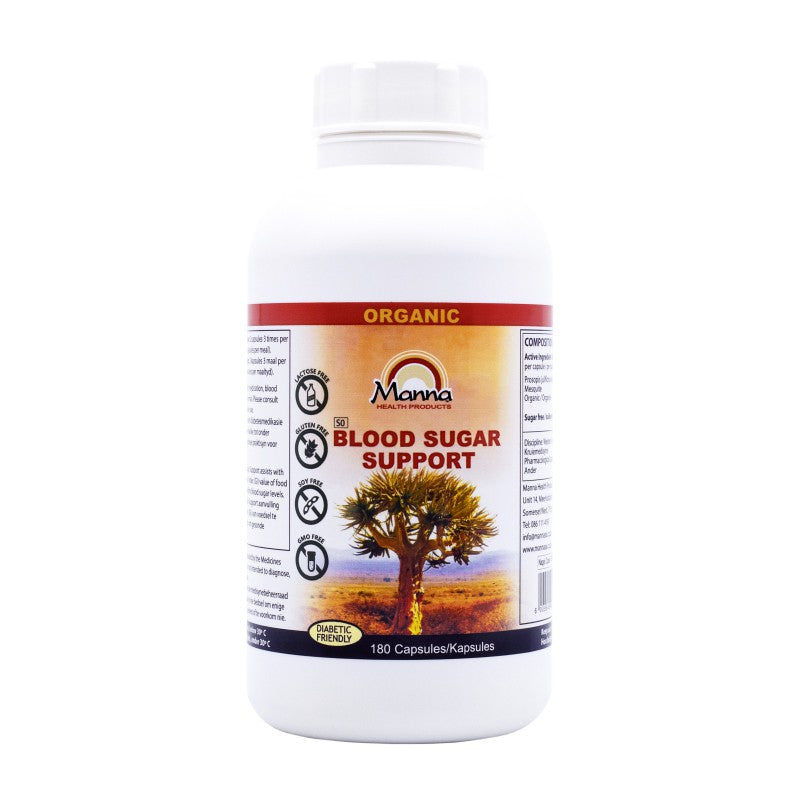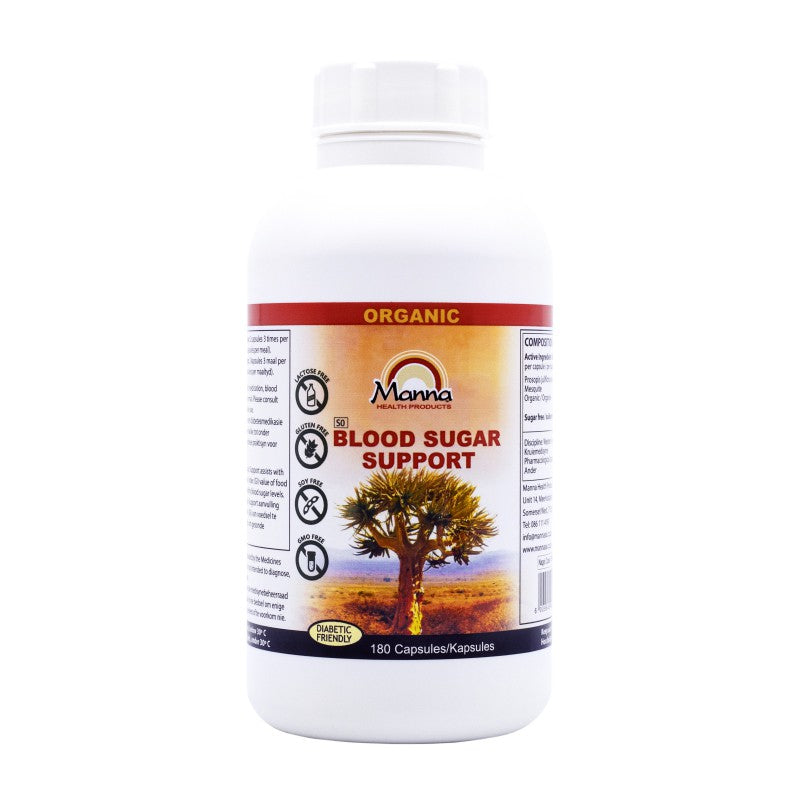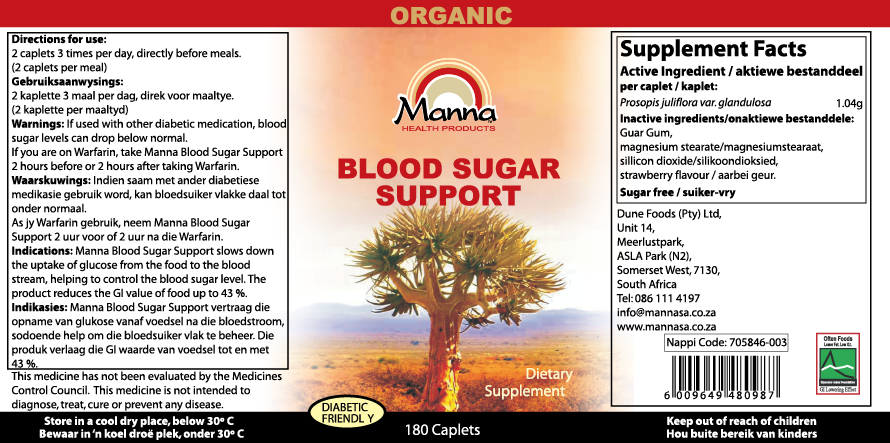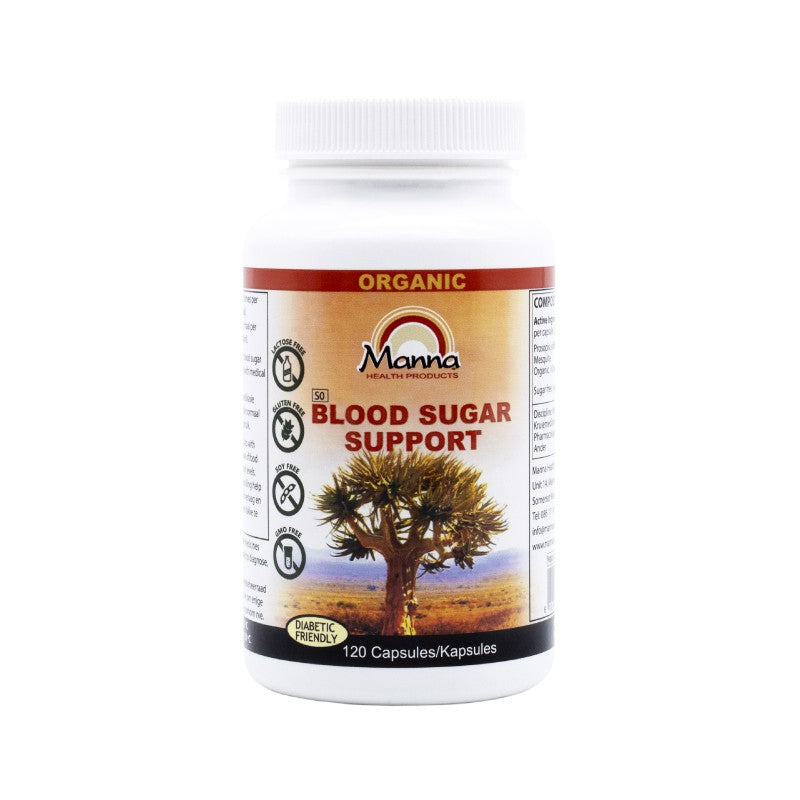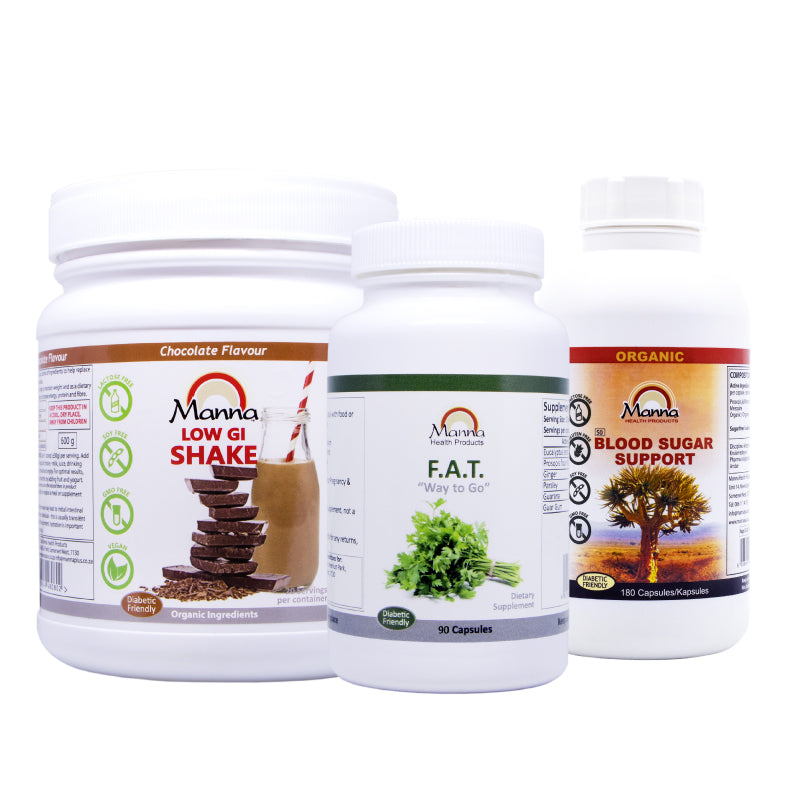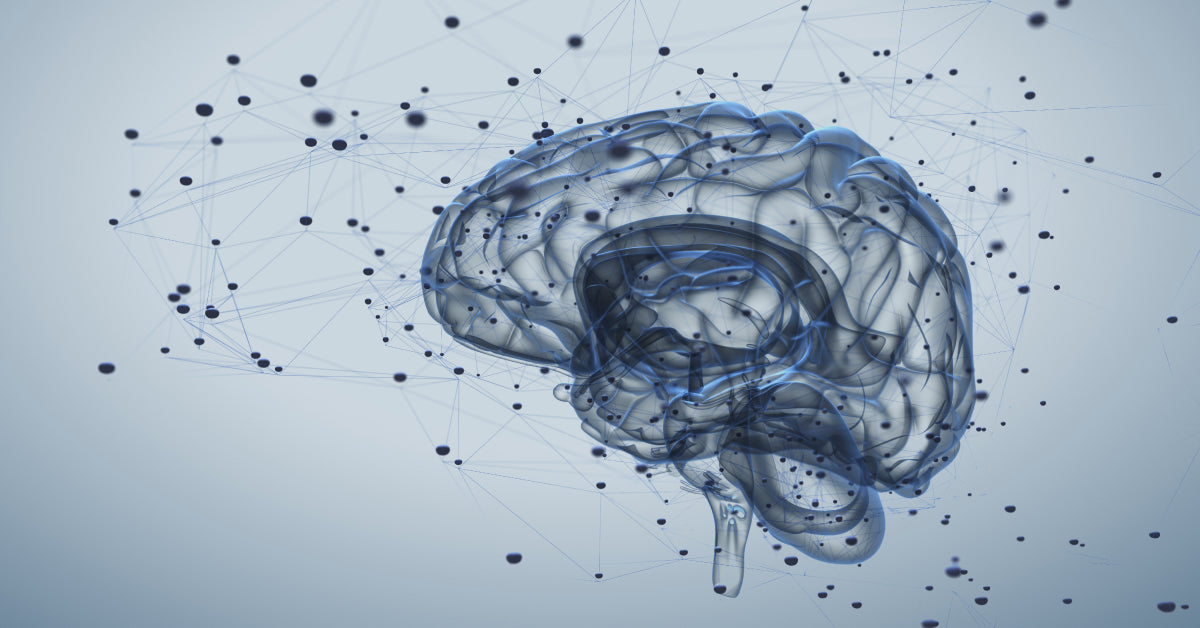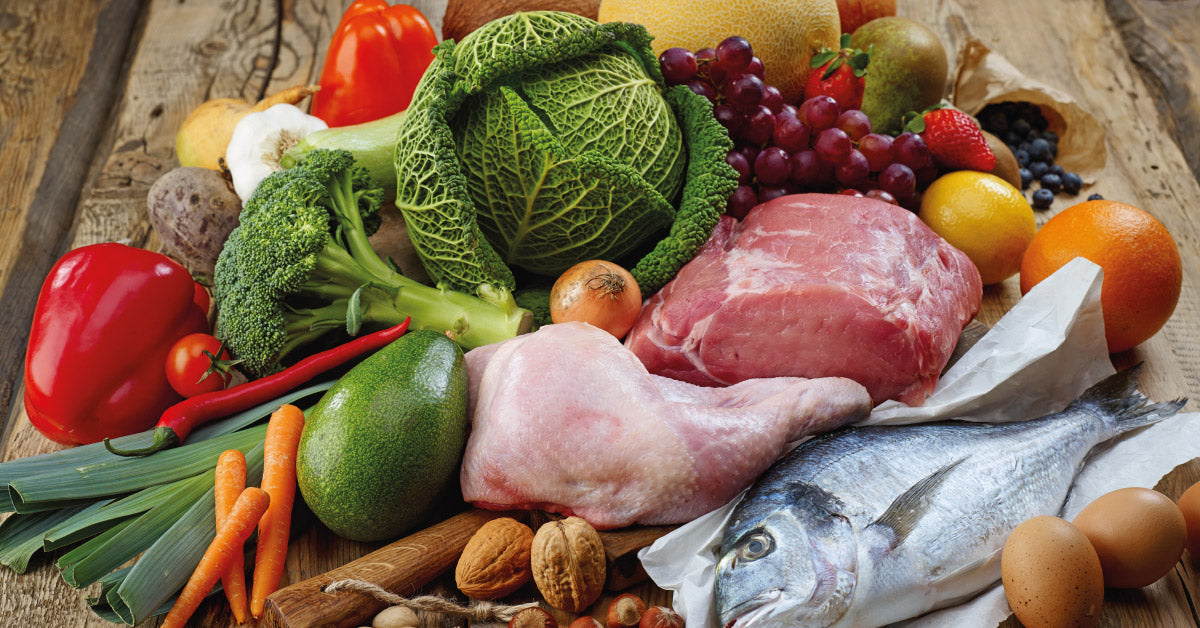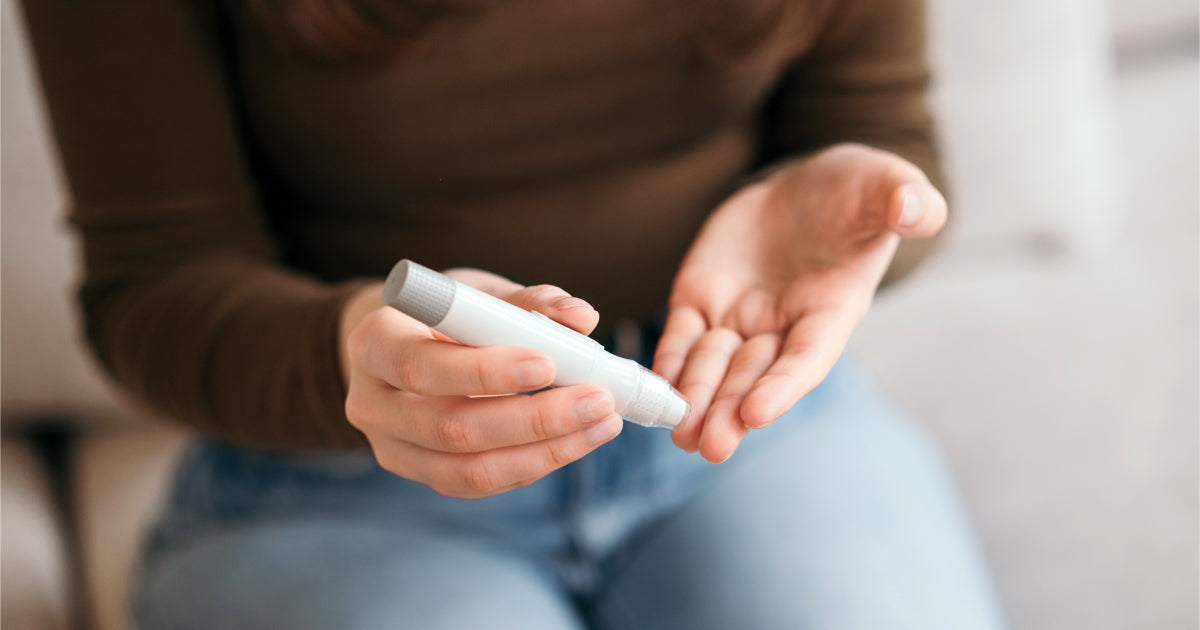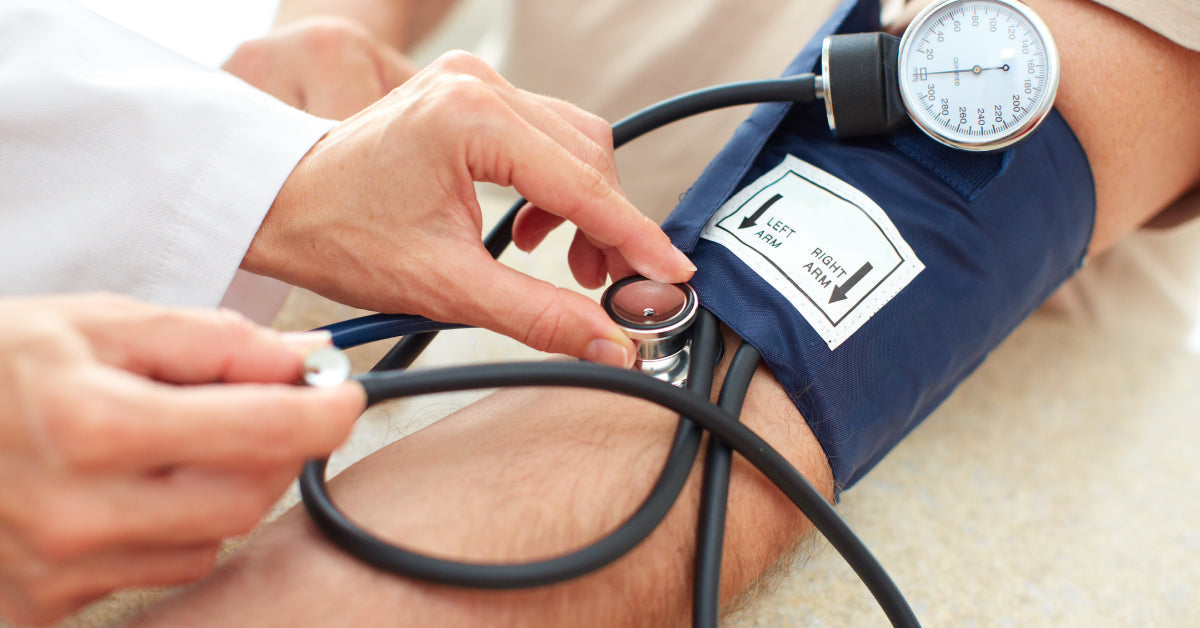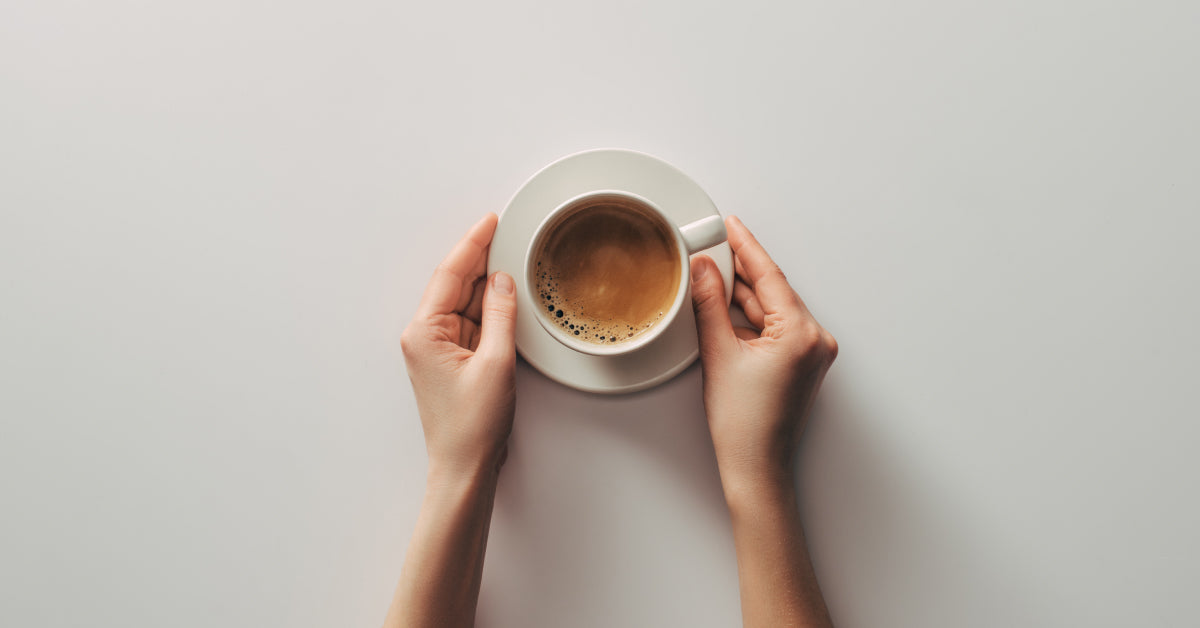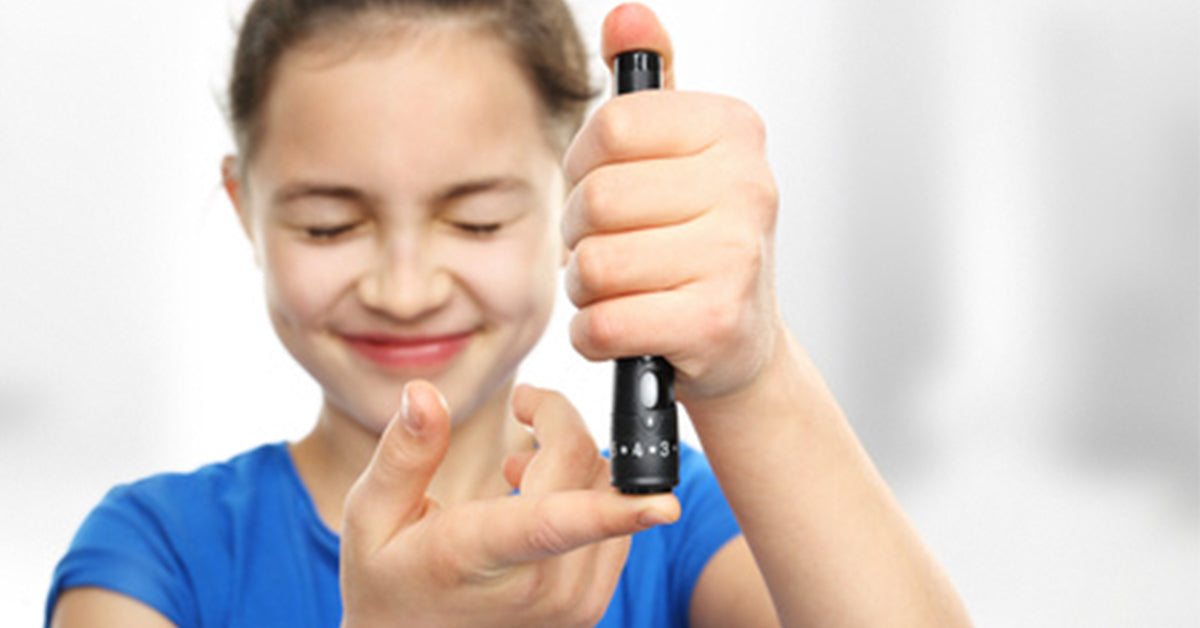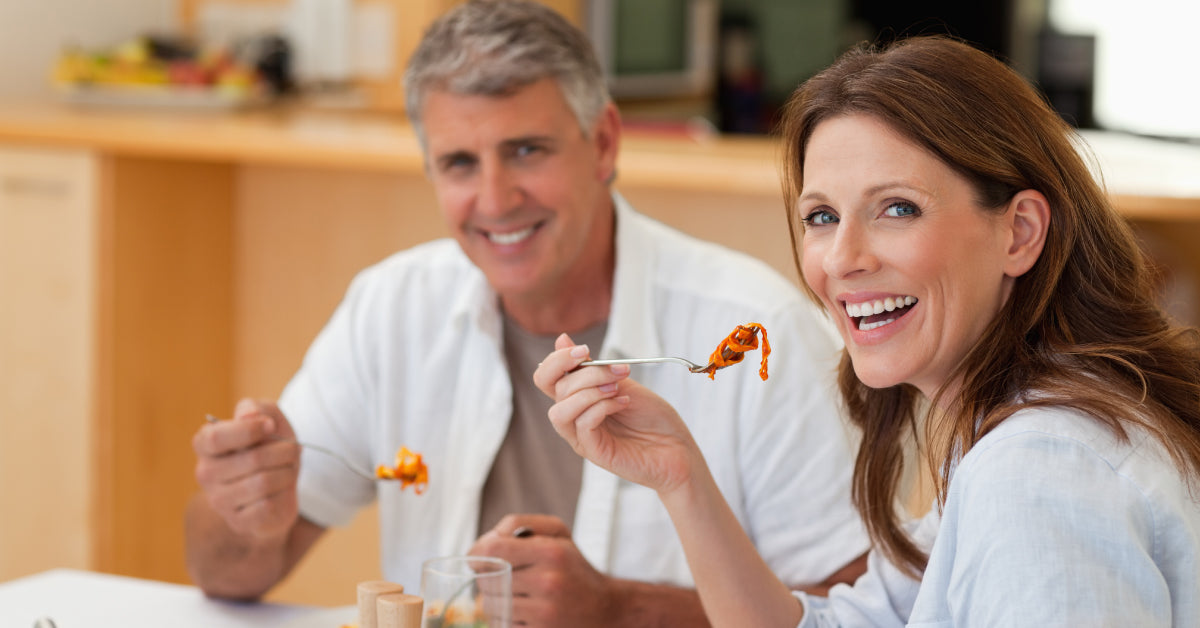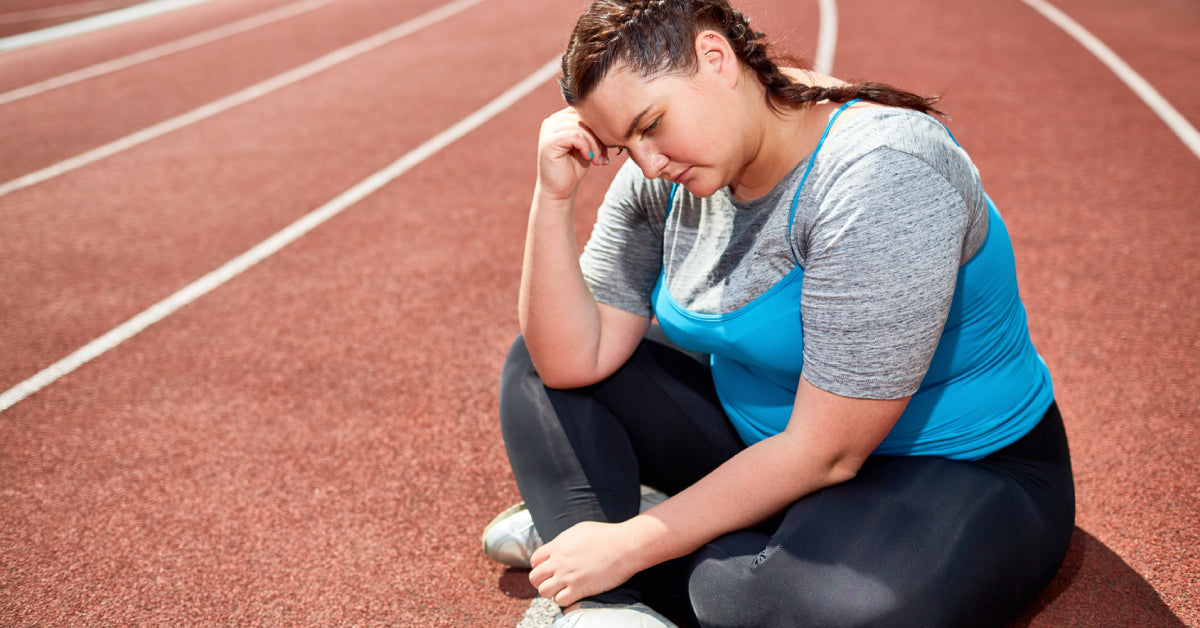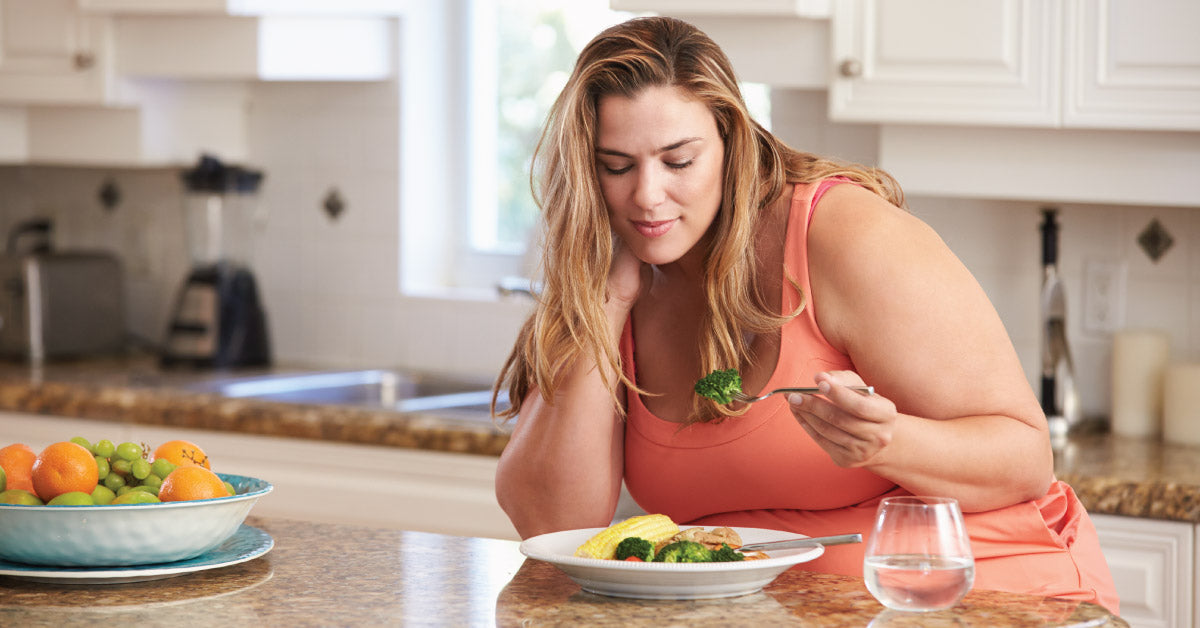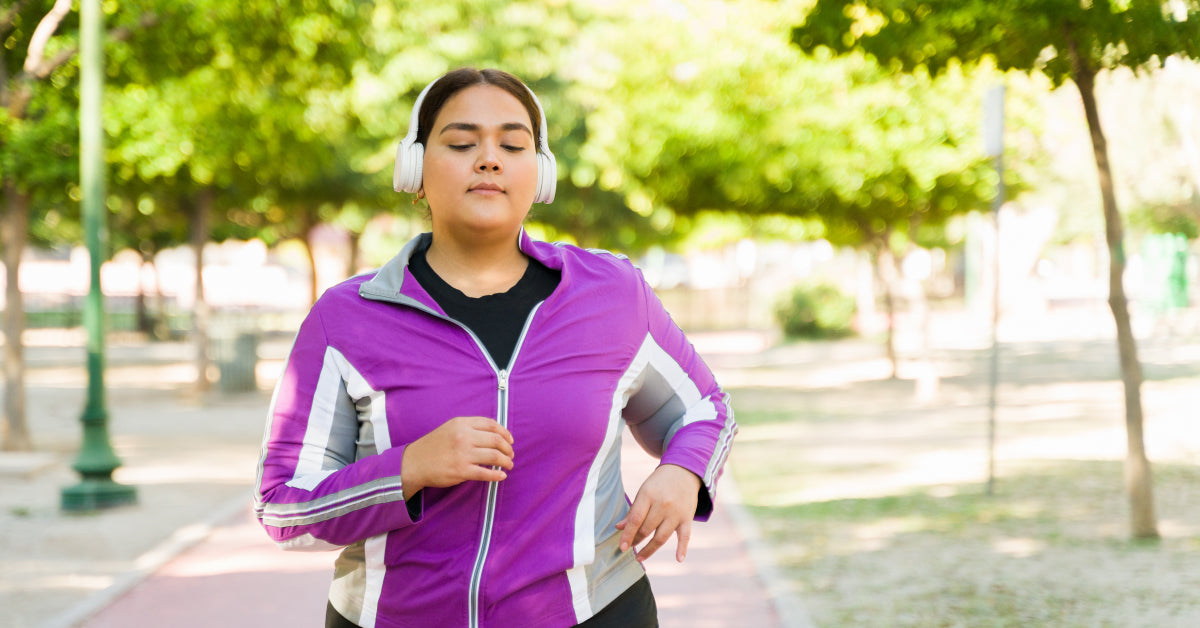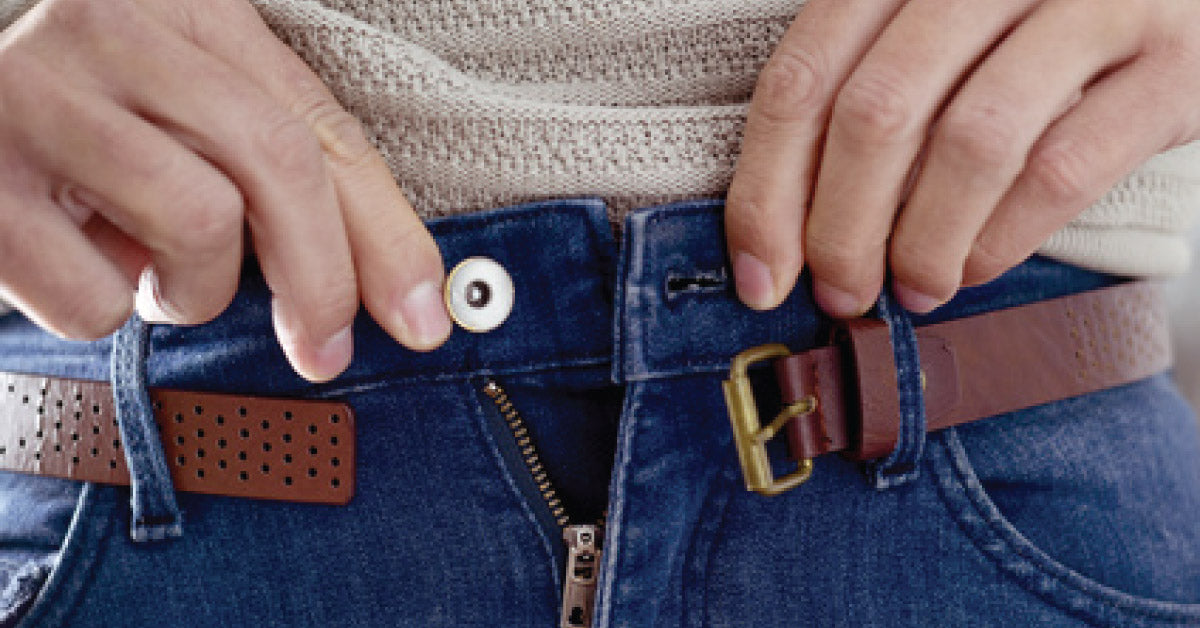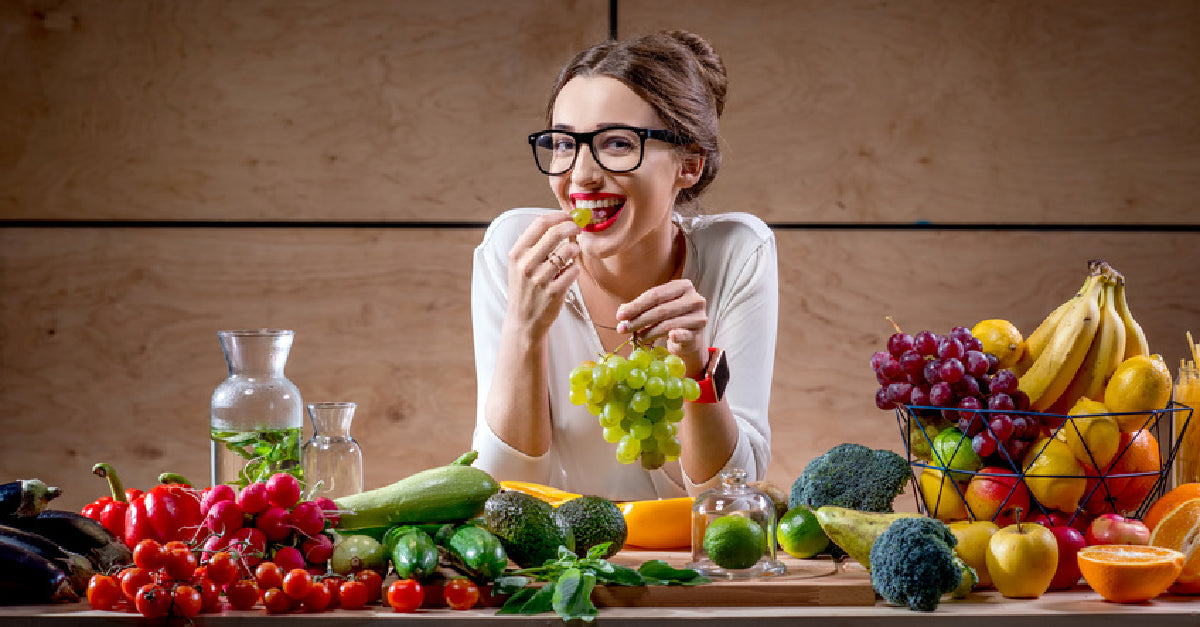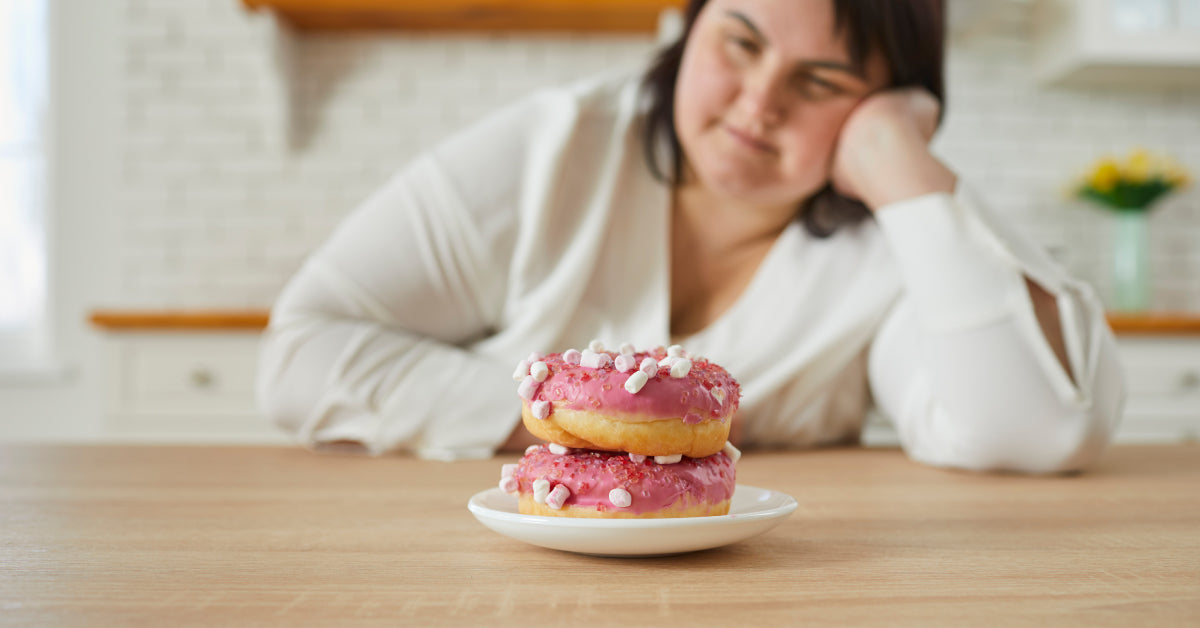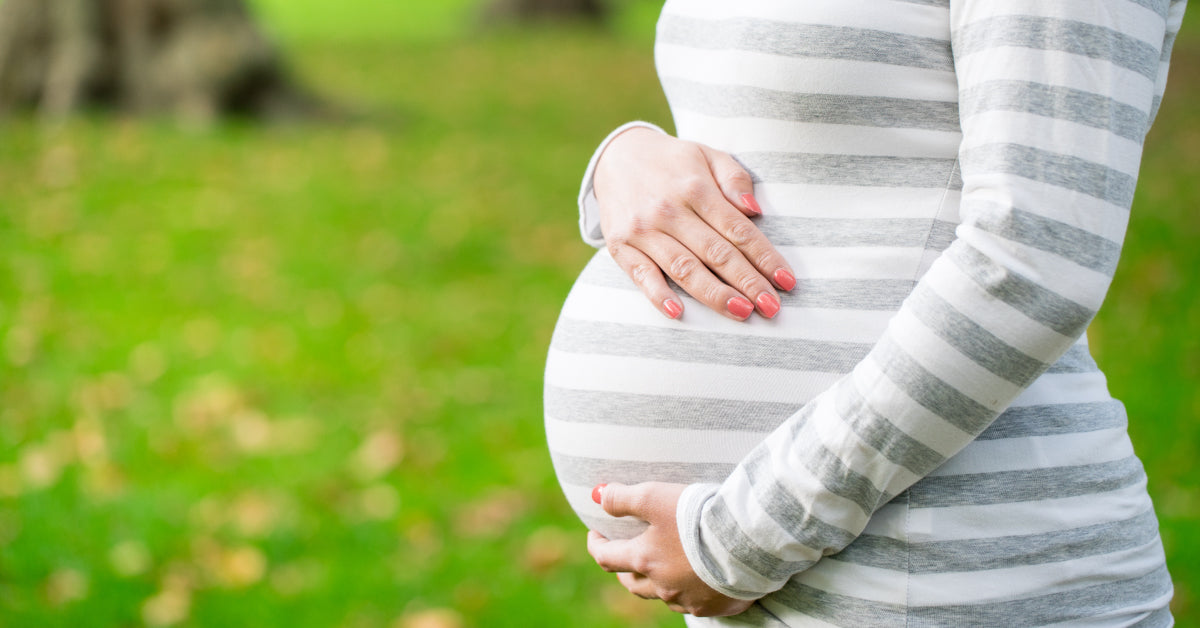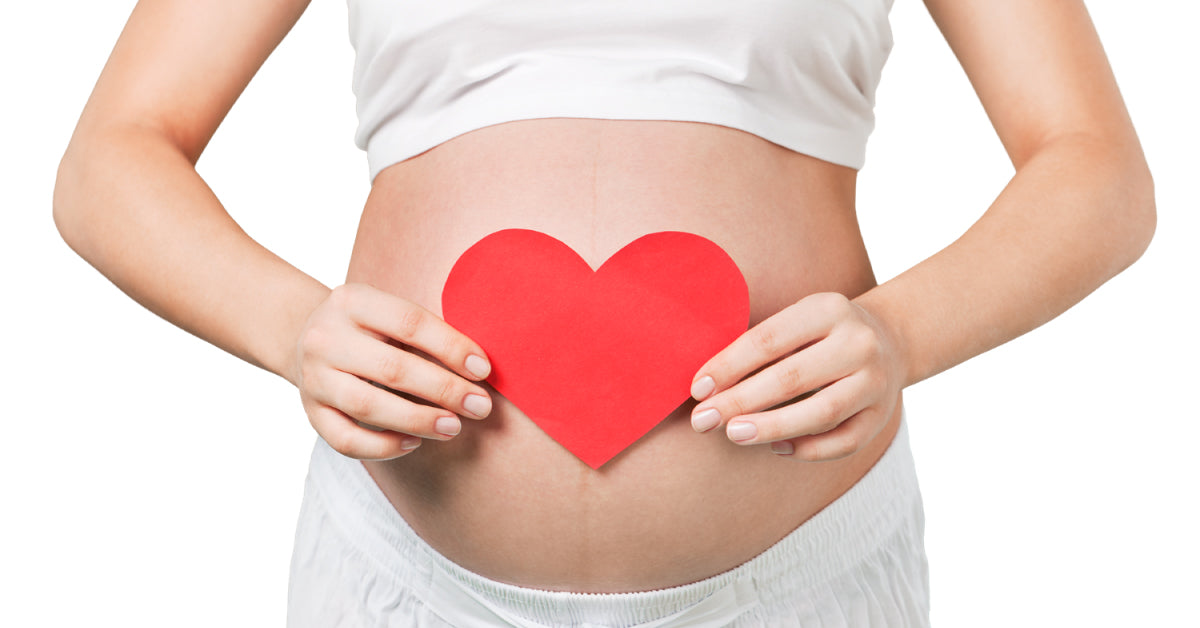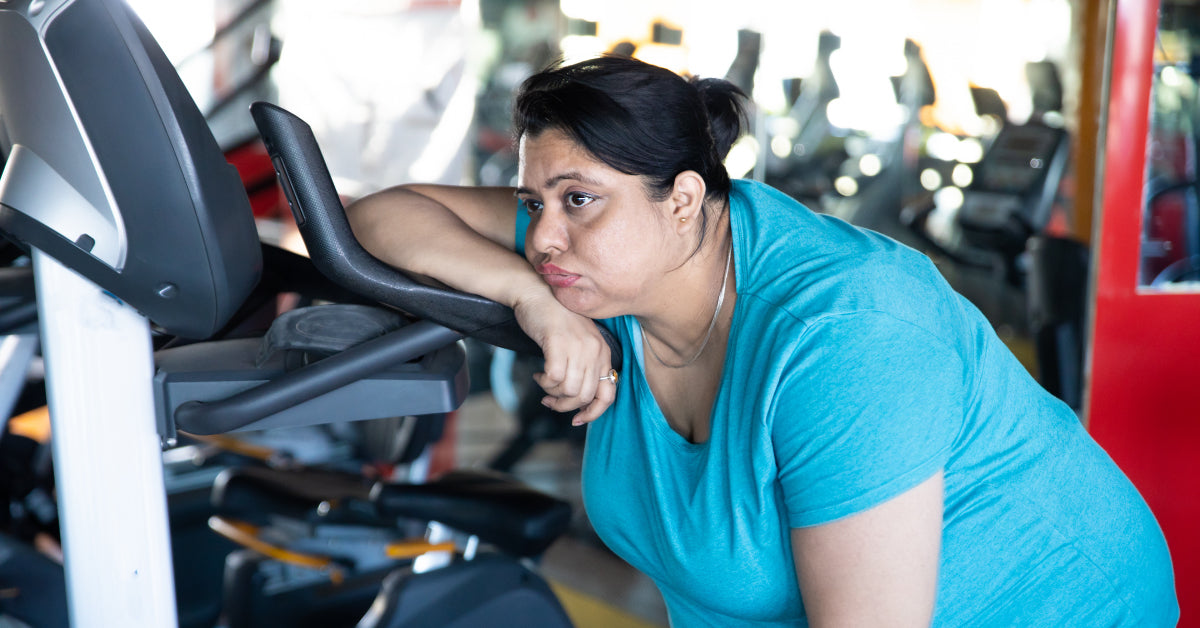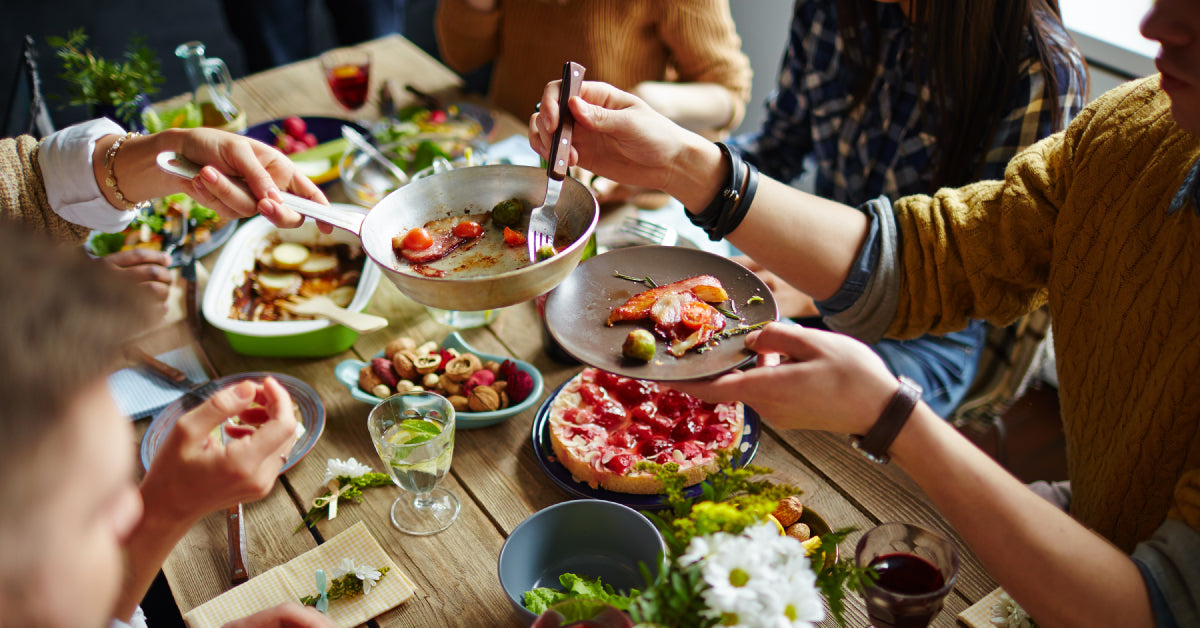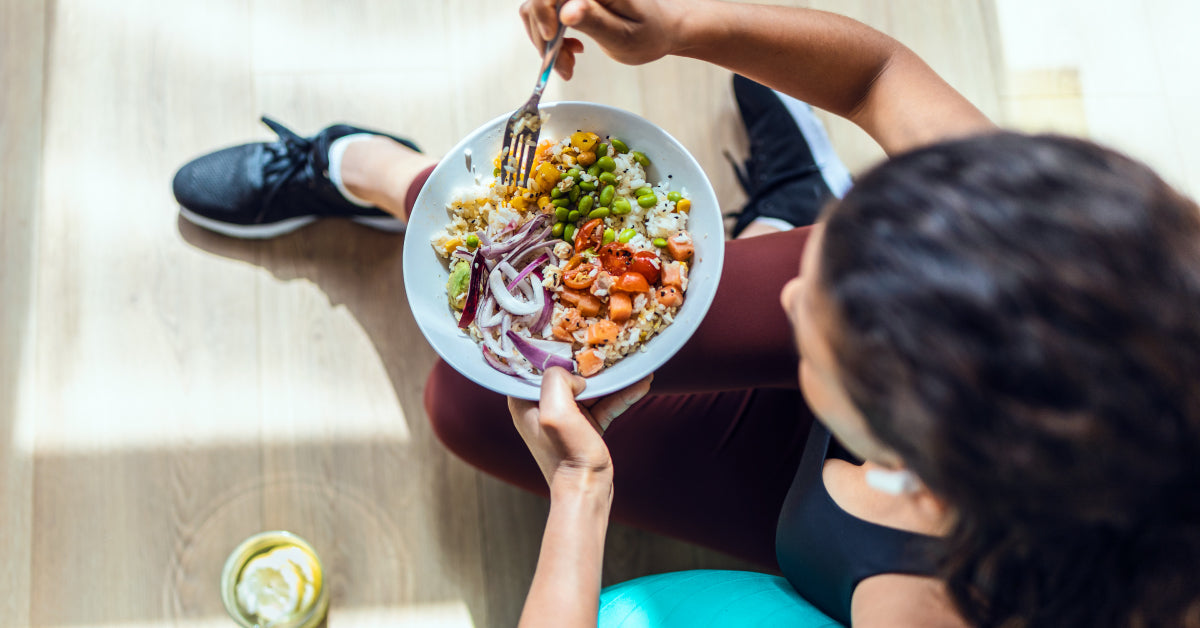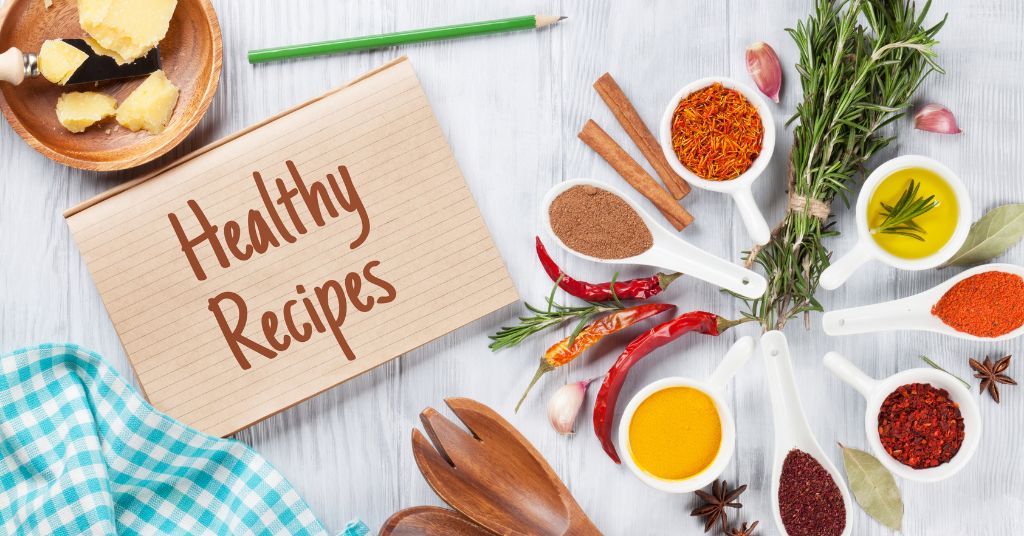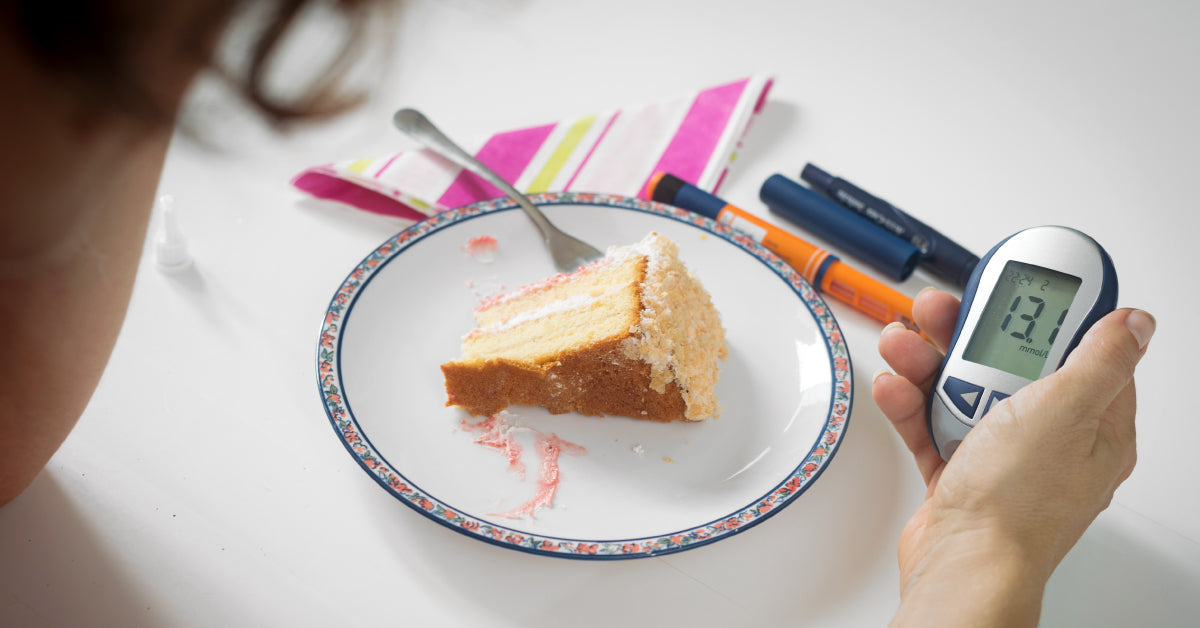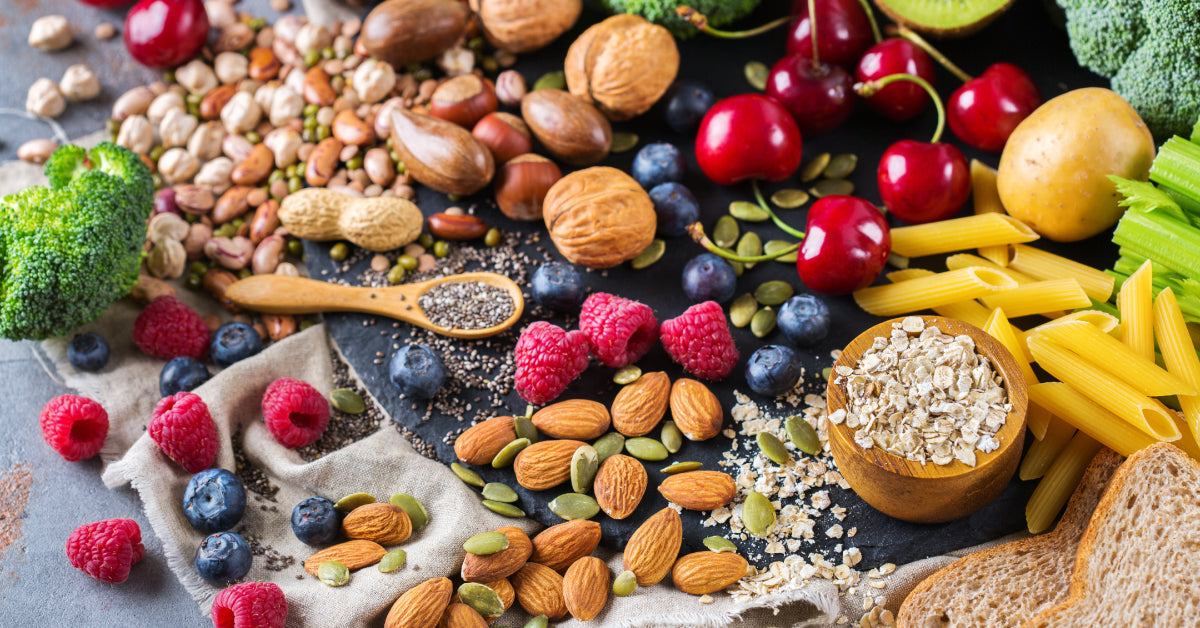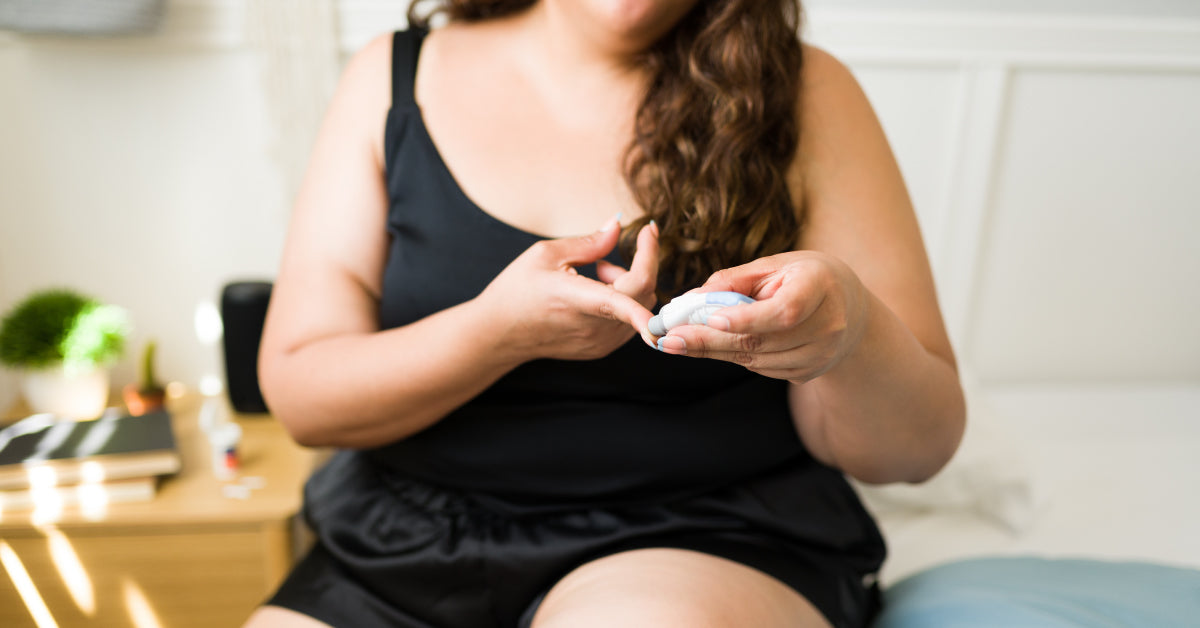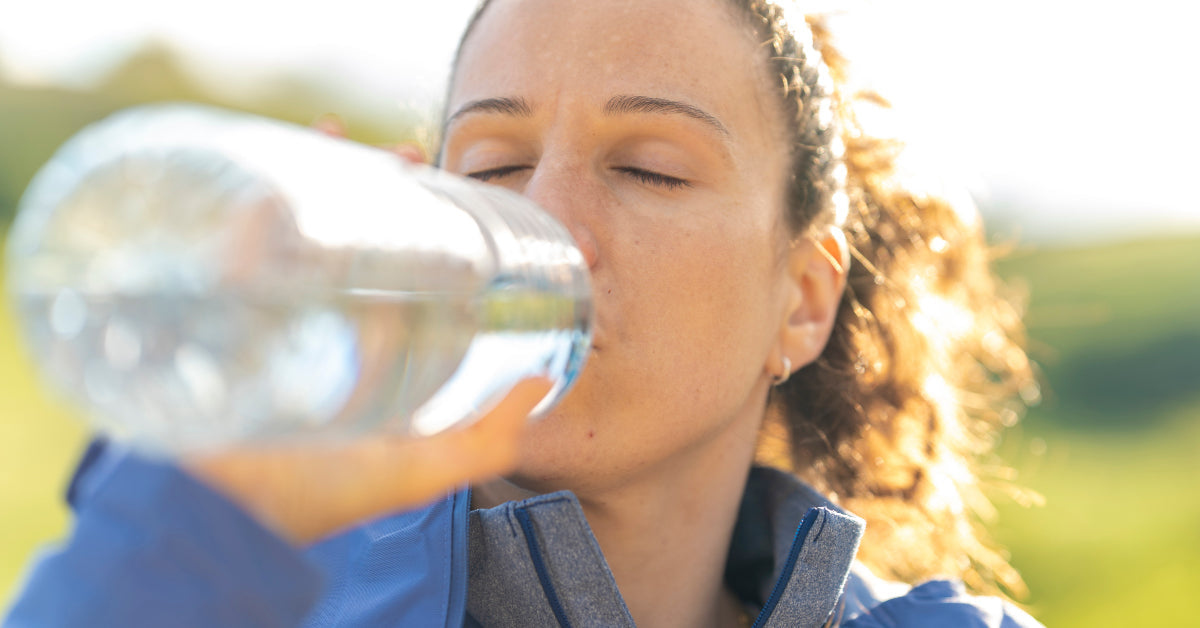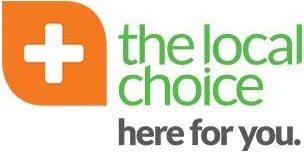Combat insulin resistance by modifying your diet.
Insulin resistance is the forerunner of diabetes. Living with diabetes is life-altering and the health complications are severe. Fortunately, there are lots of lifestyle changes you can make to avoid or reverse insulin resistance. One way is to alter your diet. There are certain foods that help cause insulin resistance, if you can limit these foods or cut them out of your diet, you might be able to side-step diabetes.
Read on to find out more.
What is insulin resistance?
Your body gets energy from glucose when it breaks down carbohydrates. Glucose gets released into your bloodstream raising your blood glucose levels.
When this happens, the pancreas will release the hormone, insulin. Insulin works like a delivery truck. It transports glucose out of your bloodstream and into your cells. When glucose gets delivered to the cells your blood glucose levels return to normal.
You can become resistant to insulin, meaning your cells are not able to effectively utilize the hormone. If you are insulin resistant glucose will build up in your bloodstream.
The pancreas reacts to this build-up by releasing even more insulin. It starts pumping out insulin in inordinate amounts and as long as the pancreas can keep this up, your blood sugar levels will be relatively stable.
Eventually, the pancreas can’t keep up with the demand for insulin. When this happens your blood sugar levels will be chronically high, and this sets the stage for diabetes.
Encouragingly, insulin resistance is reversible by making lifestyle changes. You can side-step the horrible health complications of diabetes! One of the best ways to combat insulin resistance is by limiting food that causes blood sugar spikes.
What foods contribute to insulin resistance?
Foods high on the GI-Index
The GI-Index (also known as the glycemic index) is a measure of how quickly and how much a particular type of food will raise a person’s blood sugar levels. Foods with a high GI-index will cause a spike in blood sugar and those with a low GI-index will cause a slower, more gradual rise. A food’s GI-Index can be helpful for people with diabetes. Eating foods with a low GI-Index can help keep blood sugar levels more stable, while high GI-Index foods can cause rapid changes in blood sugar that can be difficult to manage. Some foods high on the GI-Index include:
- White Rice
- White Bread
- White Potatoes
- Corn Flakes
- Instant Oatmeal
A smart way to find out whether a certain food is high on the glycemic index is to use an app like MySugr or Glycemic Index Tracker.
Processed foods
Processed foods can have a significant impact on insulin resistance and can make it much harder to manage blood sugar levels. Processed foods are usually high in calories, fat, and sugar, which can cause a spike in blood sugar levels. This spike can lead to an increase in insulin resistance.
Processed foods usually come in a box or a bag and have lengthy lists of ingredients. If the ingredient list of a product is long, don’t buy it. You want to stay away from sodas, boxed foods, candies, ice creams, bread, pasta and anything else that is processed and rather buy fresh produce, meat, and seafood.
Foods with saturated and trans fats
Saturated fats are found in animal products such as red meat, chicken, and dairy, while trans fats are found in processed foods such as margarine, fast food, and fried foods. Eating these types of fats can lead to an increase in insulin resistance.
Sweetened beverages
Sweetened beverages, such as sodas, sports drinks, and sweetened tea and coffee, are loaded with sugar and calories, which can cause a rapid rise in blood sugar levels.
Alcohol
Most alcohol contains carbohydrates. Drinking alcoholic drinks whilst taking medication to lower your blood sugar can also lead to hypoglycemia (low blood sugar levels).
What should I eat?
Try to add more food to your diet that causes your blood sugar levels to rise slowly instead of spiking rapidly. Try adding the following to your diet:
Whole Grains
Grains are made up of three parts: bran, germ, and endosperm. The bran and germ have been removed from refined grains but whole grains contain all three parts. Eating whole grains such as oatmeal, quinoa, and whole wheat can help to reduce insulin resistance by providing the body with fibre to slow the digestion of carbohydrates.
Fruits and Vegetables
Eating fruits and vegetables can also help to reduce insulin resistance. Fruits and vegetables are high in fibre, which can help to slow the digestion of carbohydrates and keep blood sugar levels more stable.
Vegetables also contain polyphenols, which are compounds that act like antioxidants. Oxidative stress can interfere with your body’s ability to absorb glucose effectively – eating polyphenols can combat oxidative stress, making it easier to absorb glucose.
Lean Proteins
Protein is necessary to build and maintain muscle and tissue. The amount of protein that your body needs will differ from others based on your age, size and activity level. Eating lean proteins such as beans, fish, tofu, and poultry can help to reduce insulin resistance.
Healthy Fats
Eating fats is essential as they provide energy, help us absorb vitamins, and are involved in hormone production. Eating healthy fats such as olive oil, nuts, and avocados can also help to reduce insulin resistance.
Takeaway
Insulin resistance is reversible. One way to combat your cells’ resistance is to limit or cut out foods that cause blood sugar spikes. Try to stay away from foods that are ranked high on the glycemic index, eat more fresh produce, and limit processed foods. Watch what fats you consume – limit saturated and trans fats. It is also important to watch what you drink as beverages can cause big blood sugar spikes. Try drinking less alcohol and sweetened beverages. Even though you have to cut things from your diet, you can still enjoy meals whilst avoiding diabetes. Stack your plate with healthy fats, fruit and veggies, whole grains, and lean proteins.




